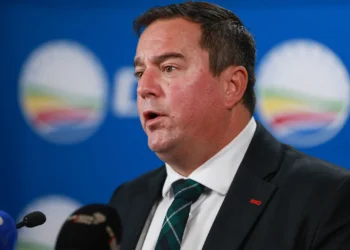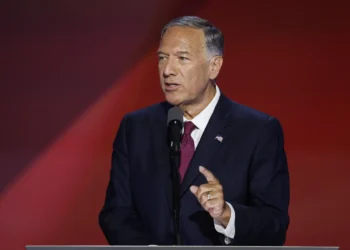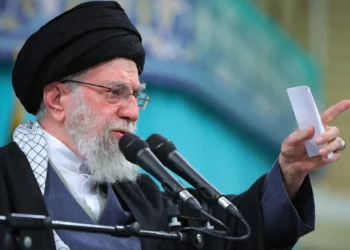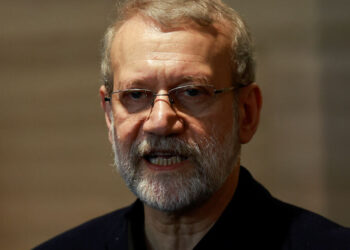LONDON (Realist English). Hedge fund billionaire Ray Dalio has warned that the United States under President Donald Trump is drifting toward a 1930s-style model of autocratic politics, with state intervention in markets and rising threats to the Federal Reserve’s independence undermining confidence in the dollar.
Speaking to the Financial Times, the Bridgewater Associates founder said widening wealth and value gaps, coupled with collapsing trust in institutions, were pushing the U.S. toward “more extreme” policies.
“I think that what is happening now politically and socially is analogous to what happened around the world in the 1930–40 period,” Dalio said.
He pointed to Trump’s decision for the U.S. government to take a 10% stake in Intel as a clear example of “strong autocratic leadership that sprang out of the desire to take control of the financial and economic situation.”
Dalio’s intervention marks a rare public rebuke of Trump from a prominent Wall Street figure, even as he acknowledged that many investors remain silent “because they are afraid of retaliation if they criticise.”
Fed independence under threat
The veteran investor said Trump’s move to oust Fed governor Lisa Cook and nominate a close ally to the central bank’s board has heightened concerns that the White House will force the Fed to deliver rapid rate cuts.
A politically weakened Fed, Dalio warned, “would undermine confidence in the Fed defending the value of money and make holding dollar-denominated debt assets less attractive, which would weaken the monetary order as we know it.”
International investors, he added, have already started shifting out of U.S. Treasuries into gold.
Debt “heart attack” looming
Dalio, who has long cautioned against rising public debt, said Trump’s latest fiscal plan could push the U.S. into a debt crisis within three years.
“The great excesses that are now projected as a result of the new budget will likely cause a debt-induced heart attack in the relatively near future,” he said, noting that Washington spends about $7tn a year while raising only $5tn in revenue.
That imbalance would require massive new borrowing just as demand for Treasuries weakens. The Fed would then face a painful choice:
- Allow interest rates to rise, risking a debt default crisis; or
- Print money to buy unwanted debt, further eroding the dollar.
Either path, Dalio said, would damage U.S. credibility and the dollar’s role as the world’s reserve currency.
State control and “the big cycle”
Dalio described Trump’s economic model as part of his broader theory of the “big cycle,” when in periods of conflict and crisis, governments exert greater control over markets and private enterprise.
He cited tariffs on Nvidia and AMD, combined with the Intel stake, as examples of state-driven intervention. “Governments increasingly take control of what is done by central banks and businesses,” he said.
Ultimately, he warned, growing inequalities foster populism on both the right and the left, weakening democratic institutions and paving the way for stronger, more autocratic leaders.
“So democracies weaken and more autocratic leadership increases as a large percentage of the population wants government leaders to get control of the system to make things work well for them,” Dalio concluded.


















